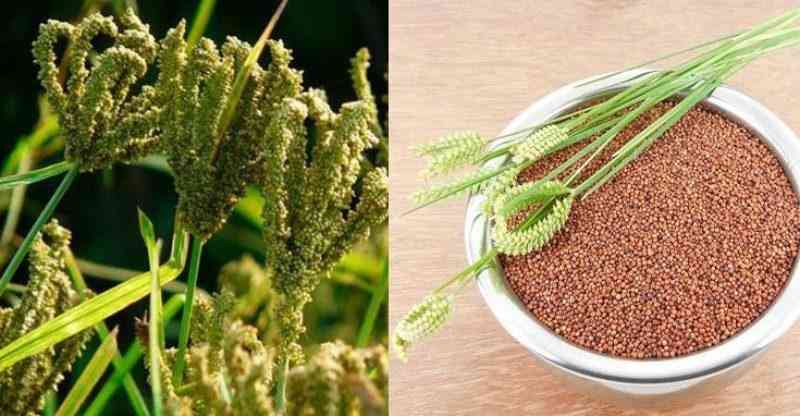
Phillis Nduva grows millet for domestic and commercial use in Makueni, county. Nduva is motivated by the high demand for millet flour and related products. The demand has risen in recent years following revelations by scientists and doctors that millet has many health benefits.
According to nutritionist with Kenya Medical Training College Nairobi Samuel Maina, millet ugali has high fibre content, which can help prevent sudden spikes in blood sugar after meals.
This means millet raises one's blood sugar slowly and gradually. Its low in cholesterol can help one lose weight. All these are helpful to those suffering from diabetes and obesity, says Maina.